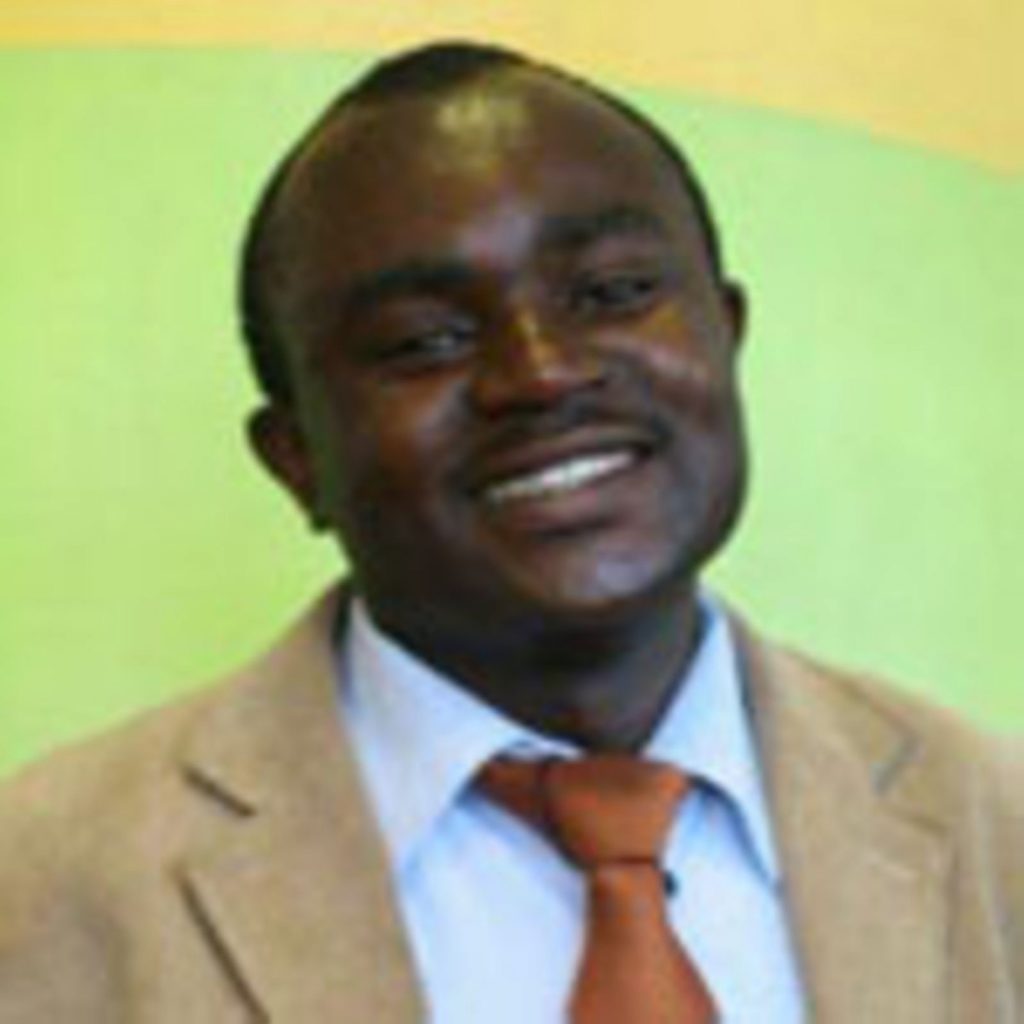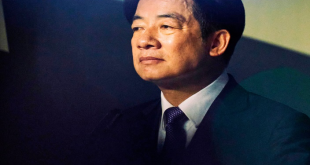
What you need to know:
President Xi Jinping on February 25 said his country has achieved “complete victory” over poverty following a series of programmes that lifted nearly 100 million rural folk from below the poverty line.
China’s declaration of poverty eradication last week is being seen as a statement of intent on how it will deal with Africa and other regions in the near future, some analysts say..
President Xi Jinping on February 25 said his country has achieved “complete victory” over poverty following a series of programmes that lifted nearly 100 million rural folk from below the poverty line.
In his eight years of power, Xi’s government has seen 98.99 million impoverished rural villagers lifted to subsistence from 832 counties and 128,000 villages, according to a report by State news agency Xinhua.
China has also built some 1.1 million km of road in those rural villages and enabled access to electricity and running water.
There are those who doubt the achievement and critics have pointed to the fact that Beijing, an upper middle-income country, adopted a lower poverty line of Sh252 a day, instead of the World Bank recommendation of Sh603 a day for these categories of countries. Yet Beijing was praised for planning long term with people, not individuals, at heart.
“They looked ahead. Their philosophy is that of the future and on that they deserve credit. In Africa, we have tried to adapt philosophies but we have not done well implementing them,” said Dr Elias Mokua, Executive Director of the Loyola Centre for Media and Communications “Our governments are struggling to find suitable philosophies. Pan-Africanism and ubuntuism have both failed to kick off.
Many benefits
The developments means nearly all Chinese folks can now complete basic education, have a meal and a roof over their heads, as well as access to medical care. They also mean expectant mothers in China can deliver live babies most of the time, and those babies can live through their first five years, accessing needed immunisation and care programmes.
“Ending poverty, improving people’s well-being and realising common prosperity are the essential requirements of socialism,” Xi said, referring to Xi Jinping Thought, a philosophy adopted by the Communist Party of China to help the country compete in a capitalist world but by remaining with communist tenets.
Seraphine Kiambuthi, an analyst on China-Africa relations said the Chinese have demonstrated that correct leadership will always deliver people from poverty. “It’s now clear that with clear strategies and policies it is possible to rid society of poverty.”
“With leaders who are clear about the pathways to follow towards rescuing humanity from the pangs and indignation of poverty, mountains can move. Africa should take note of China’s breakthrough and take note.”
Xi described the achievement as a “miracle”, having contributed at least 60 percent of the global population out of extreme poverty since the 1970s when Beijing started opening up.
But this was no coincidence. The announcement was made just a week to the meeting of the National People’s Congress and the People’s Political Consultative Conference often known as “Two Sessions”. The congress acts like China’s legislature, passing policies or new laws, while the conference is an advisory organ of the Communist Party whose gathering shapes the political focus for the year.
The fourth annual session of the 13th National Committee of the Chinese People’s Political Consultative Conference (CPPCC) is scheduled to open in Beijing on March 4. It will be preceded by the 13th National People’s Congress (NPC), which will coincide with the 100th anniversary of the Communist Party of China. President Xi has said the eradication is a birthday gift for the party.
Five-year plan
Next week, China is expected to publicise its 14th Five-Year Plan.
A draft released at the height of the pandemic last year showed the focus will be environmental conservation climate, heavy investment in new technologies and innovation, promoting local markets as well as amending external programmes such as the Belt and Road Initiative that seeks to connect countries across the world, including those in Africa, using infrastructure and trade.
“China’s claim (of poverty eradication) is a very big geopolitical statement. Many rich countries across the world still have many hungry, homeless people,” observed Macharia Munene, a professor of History and International Relations at the USIU-Africa in Nairobi. “We must try and learn how they did it, especially since every country hopes to at least reduce, if not eliminate, poverty. They are also saying something about their belonging to the developing world. They always insisted on being there for political reasons.”
Released on the backdrop of a damaging Covid-19 pandemic season, analysts at the Africa Policy Institute in Nairobi say the gathering could be China’s message of strength and unity to the world and that it is willing to play a bigger role in the global economy. China, where Covid-19 began, was initially accused of mismanaging the outbreak, even though the country’s initial lockdowns largely controlled the spread of the virus locally.
“The Two Sessions could see an endorsement for China to step up efforts to promote trade and economic cooperation under the Belt and Road Initiative, and support Africa’s inclusion in the BRI,” the institute said in a bulletin on Friday, referring to China’s 2018 commitments under the Forum on China-Africa Cooperation.
In 2018, Beijing pledged $60 billion in official development assistance, grants, capacity building, export and commercial loans to cover the 2018-2021 period.
That money was meant to also cover technological innovations but the impact of Covid-19 may see the Chinese add health support and agricultural improvement to their new five-year plan in external relations, the analysts said.
China plans to hold another FOCAC summit later this year in Senegal, with debate raging on whether it has indebted the continent. It’s more than $150 billion in infrastructure loans have been scrutinised for opaqueness even as Beijing argues it has helped erect more than 1,000 crucial projects on the continent since 2010.
amutambo@ke.nationmedia.com
Source: Nation.africa.
 Africa -China Review Africa -China Cooperation and Transformation
Africa -China Review Africa -China Cooperation and Transformation
